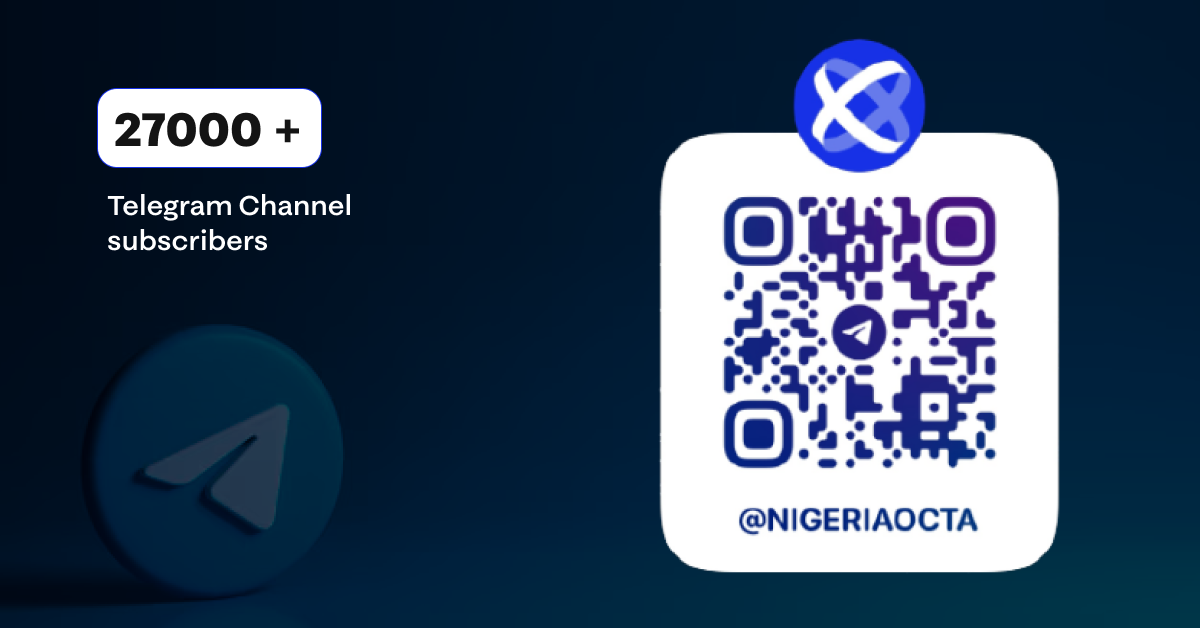Nigeria is in the process of linking its northern states with Niger, with a 284-kilometre railway running from Kano in Nigeria, to Maradi in Niger. The move will strengthen trade between the two inland trade hubs, while further boosting African economic integration in the Sahel region.
In this series, Better Connections, we look at infrastructure developments that support regional trade initiatives — like the African Continental Free Trade Area — to improve the movement of goods, people and information across the continent and beyond.
Construction work on a 284-kilometre railway line linking Kano – the greatest trade hub in northern Nigeria – with Maradi, the second-largest city in Niger, is underway as Nigeria pushes to take on a substantial portion of the transit freight market in the region, local media reported. Work is being undertaken by the China Civil Engineering Construction Corporation.
According to Nigerian Transportation Minister Rotimi Amaechi, Nigeria’s fast-growing rail infrastructure offers a compelling route for goods bound from, and to, the Sahel.
‘’It is simple, currently, the Niger Republic is exporting through Benin Republic. All the countries that are landlocked in the West African Region are exporting through Benin Republic, Togo, Ghana, Ivory Coast. Why are they not exporting through Nigeria?” Amaechi said at a ceremony in Kano.
Construction is due to end in 2023, with the line expected to link three Northern Nigerian states (Kano, Jigawa and Katsina), as well as cross the border between the two countries, running 25 km from the Nigerian border town of Jibayi, to Maradi. Maradi is a key transport, trade and agricultural node in southern Niger.
There is a strong political will to complete the line on time, as Nigeria’s president, Muhamadu Buhari, wants the maiden trip to take place before he leaves office, in May 2023.
Valued at 1.8 billion US dollars, the rail line stands to transform the economic outlook of both northern Nigeria and the wider Sahara area.
The suggestion to link Nigeria to Niger by rail came from Nigeria. While the initial plan was to strengthen the Nigeria’s Lakaji Corridor (Lagos-Kano- Jibayi), officials took the idea further and suggested connecting Jibayi with Maradi, in Niger.
Niger is a landlocked country that largely depends on its southern coastal neighbours for its external trade. Nigeria is seeking to provide Niger with an alternative route that would allow its neighbour to shift freight traffic from the current axis of Niamey-Dosso-Parakou-Cotonou, to the Nigerian corridor. While the route would be more efficient for goods originating in southern Niger, customs offices and warehouses at a dry port in Maradi could see the route become competitive for logistics across a far larger area.
“Once you put the good on top the wagon, straight to Lagos, once it gets to Lagos, straight to the ship because the things you would have done in Lagos, we have done in Maradi. So it makes it cheaper and easier to do business”, Amaechi explained.
According to Amaechi, the rail line which carries passengers as well as freight, also has its own power and water supply scheme, a GSM Communication system, freight yards, rolling stock depots and maintenance workshops.
Studies conducted by the World Bank in 2018 concluded that efficiencies offered by the railway would translate into the equivalent of 1.3 billion US dollars in yearly revenue, across the region.
Nigeria opted to full fully fund the line without requesting any financial commitment from Niger. Niger, after seeing its own national railway network abandoned after launch in 2014, appears to have embraced the project.
“This project is an infrastructure that will integrate the economies, the economies of Nigeria and Niger,” Niger President, Mohamed Bazoum said in Abuja, after meeting with Nigerian President Mohammadu Buhari, on March 31.
Besides the railway connection, road projects linking Kano and other Northern Nigeria towns like Katsina and Maiduguri will also provide improved connectivity, while dry ports across the region are being built in order to facilitate regional and international trade.
<script src=”https://bird.africanofilter.org/hits/counter.js” id=”bird-counter” data-counter=”https://bird.africanofilter.org/hits/story?id=624e9cb839bd8d06aac0c21c&slug=nigeria-niger-railway-connection” type=”text/javascript” async=”async”></script>
Patrick Nelle, bird story agency
bird story agency




